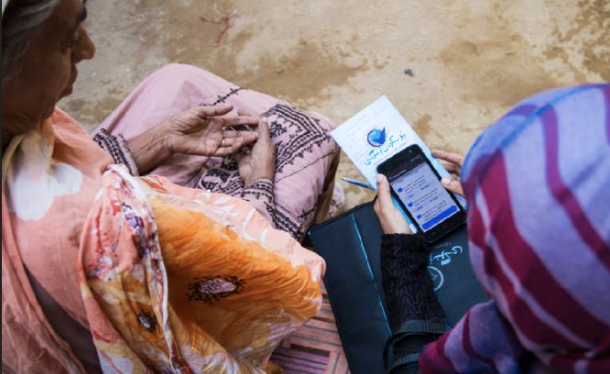72% of women living in rural areas of Pakistan have reported mental health disorders, according to a report issued by the Eastern Mediterranean Health Journal. Pakistan has a high prevalence of mental health disorders and underdeveloped mental health services. Interactive Research and Development (IRD), founded in 2003, is a public health research and service delivery organization that operates in fifteen countries globally. Their goal is to improve access and quality of health services delivered to under-resourced areas in both urban and rural settings. To achieve this goal, IRD leverages processes and technology innovations to address health service delivery gaps worldwide. Innovations in Healthcare sat down withAneeta Pasha, County Director, Pakistan to discuss IRD’s journey and goals for the future.
IRD is changing the status quo in Mental Health
Mental health is an underlying issue for numerous people worldwide, especially in lower-and middle-income countries like Pakistan, where sixty six percent of women report symptoms of depression and thirty four percent of the general population report both depression and anxiety (Mirza, 2004). In these settings there is a lack of services, awareness, and access to mental health support for the masses. In 2014, IRD started its flagship program, Pursukoon Zindagi (“Peaceful Life”), in Karachi, Pakistan. This program aims to increase access to mental health services utilizing community based innovative approaches.
Insights on a few current projects of IRD
- In the mental health space, IRD is working with Queen Mary University, London and international partners in India on a Randomized Control Trial to improve interaction between psychosis patients and health care providers. IRD is involved in a community engagement program with the caregivers and families of psychosis patients using art and theater to provide more meaningful engagement. IRD has integrated their mental health program within many disease areas; their COVID-19 program ensures contact tracing of COVID patients experiencing mental health issues and uses technology to provide them with mental health services.
- IRD has integrated the mental health program within the primary care settings of Pakistan and are hoping to scale from Karachi to other cities and provinces across the country.
- IRD has a maternal and child health portfolio that aims to access and provide immunizations to unimmunized and under immunized children.
Challenges and Future Goals
IRD acknowledges the challenges of sustaining its growth. However, their leadership is taking the necessary steps to ensure its sustainability as it grows. IRD aims to continue to innovate in the future by bringing in the best suited people and to give them the space to grow.
“It is critically important to find your passion in order to stay and grow in a field. Don’t be afraid to take risks. Give it a shot. It might fail and that is perfectly fine because you will get up from there, learn and go on to do big things.” -Aneeta Pasha, Country Director-Pakistan, IRD
To access the full interview with Aneeta Pasha Kahumbura, visit our YouTube page. Learn more about their impactful work on our website.

